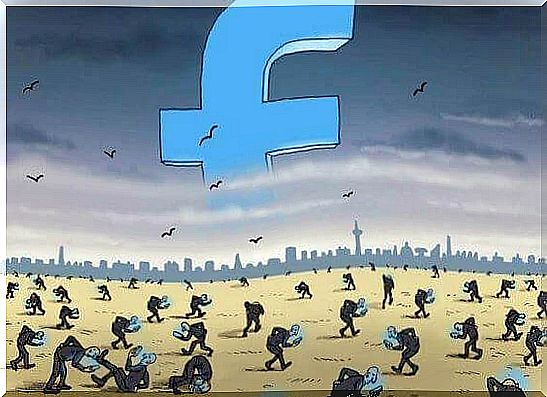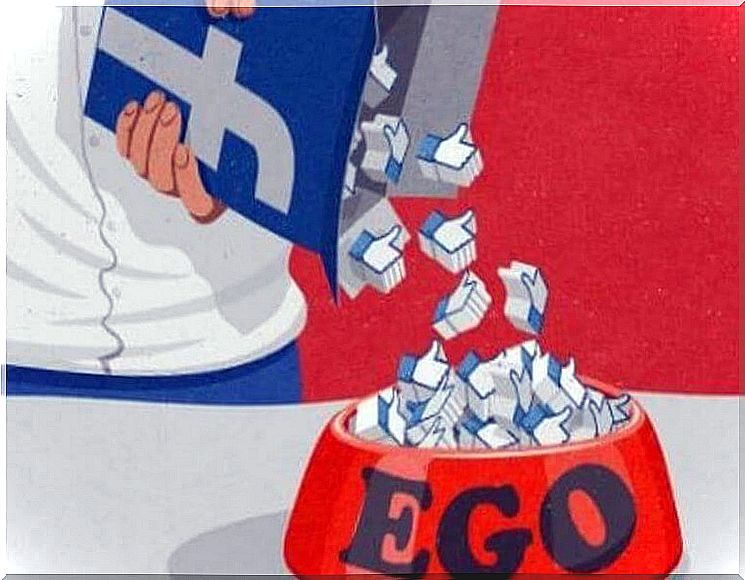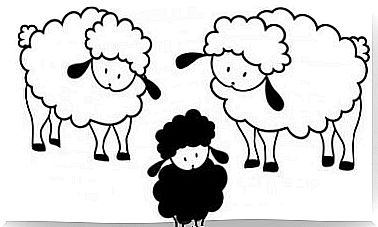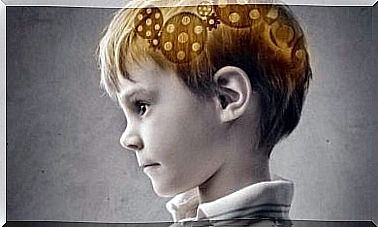I Like Social Networks, Not Fake Virtual Lives

Social networks are nothing more than an alternative communication channel to be able to share information and interact in a different way with people who are far from us or who are part of our daily life. It is a useful, dynamic tool that allows us to receive a large amount of information in an instant and to show aspects of ourselves that, in another way, would be difficult to share.
Sometimes social networks saturate our lives, sometimes they have fun and other times we want to disappear from them without anyone noticing, and then return just as silently. However, truthful information is not always found on social networks, even if this happens in any media or in any type of social interaction.
Social networks can be fun, useful and emotionally positive if we know how to use them, just like any other technological tool. Despite this, in this case there is a very important emotional component: everything that has to do with social approval and from the people most dear to us.
This can turn a social network into a showcase of lies, of virtual lives that have nothing to do with the real life of those behind the screen.
From fun to the slavery of a virtual image
Few of us know the line that separates sharing a pleasant image on social networks from turning ourselves into a false version of ourselves. Even if the desire to please others is logical and understandable, not knowing how to set a limit in one’s activities on a virtual medium can be a source of great emotional, identity and stress problems.
There are some tips that you should always keep in mind:
- Do not establish a suitable privacy filter with your friends, acquaintances and strangers : if we show the same type of information to everyone, then we are sharing too many private aspects of our life on a medium that is connected to an infinite number of accounts, with everyone. the risks that this implies.
- Sacrifice your sincerity for a handful of “likes” : Many people post certain publications just to receive “likes” and if they don’t get a certain number, they feel sad and less valid than the rest.
Far from being able to handle these emotions, many choose to accept as friends an infinite number of strangers and never cancel friendships with those contacts with whom they have no relationship or even with whom they do not go. ‘agreement, with the hope that any photo can surpass what is considered “popular” to “be successful”. Whether it’s a decorated plate of beans or a free walk in the mountains, receiving “likes” from people they don’t even know is a real “boost of self-esteem”.

- Demonstrate at all costs that you have friends: you fill your profile with filters, smiling faces and a real exaltation of friendship. We’ve all taken pictures of this type a few times when, in reality, we couldn’t stand who we were next to or were having a really bad day.
This is the “light” version, but in the end you can agree to go to dates or parties, for example, even if you don’t feel like it on a personal level just to look like a socially active person. Maybe, despite being broke, you end up planning a vacation just to show that your life is “active”.
- The risk of the explicit : each of us is free to show the romantic relationships he wants, but if we start sharing each of our ideal encounters, it is possible that people start to get annoyed when they see those perfect situations turn into Kramer-like scenes. against Kramer in real life.
Showing a lie on social networks that also affects your friends, your partner or your family, can lead others to lose the trust they have in you, to no longer take you seriously or, directly, to consider you a person from. low self-esteem and characterless.
- Declarations of love and eternal friendship that, in reality, in life outside the computer, are of no interest : if two friends love each other, any means is good to prove it. Still, some people may get tired of receiving dozens of public declarations of friendship on social networks, in front of a huge audience, but then not being able to rely on that person when they really need it.
- Making an ex-partner jealous even if we are with people we don’t like or don’t really care : some people have an obsessive need to show that they were “the first” to recover from a breakup, altering the course of relationships with others people, trying to photograph themselves to show the other that “they have won the game”.
- Showing ourselves on the crest of the wave when, in reality, we feel ourselves drowning : showing that we love our work, our travels, our children, our friends or our partner when it is not true can lead us to such a level of self-righteousness that it even leads us to avoid making important decisions to keep that farce, to avoid the “what will they say”.

We think that maintaining a perfect life on social networks will envy others, when in reality, for them, perhaps our profile is completely irrelevant. We end up keeping a farce at the cost of what we really want to change in our life.
Emotional implications as a consequence of a fake virtual life
The less sincere you are in your virtual interactions, the more you will be taken in. You can publish, you can comment, you can interact, but always trying to maintain a behavior that truly reflects the person you are, as far as possible.
You may not receive 200 likes for every photo posted, but you will be delighted to receive warm comments from people you really appreciate and have a real relationship with or who, at some point in your life, have been special and which still continue to be so today, even if time and distance got in the way.
This is why I like (and in this case really, without any buttons on a keyboard) that on my social networks only the information I want to share appears, I like to keep some things to myself and I don’t want to praise those people who, in real life, I don’t even say hello.
I like social networks, but in no case do I like virtual falsehood. I am not interested in being a leader, I am more interested in preserving my tranquility and my personality in the face of the tyranny of “likes” that once pleased me and now disturb me: those who are a simple number, not a real gesture of appreciation.









